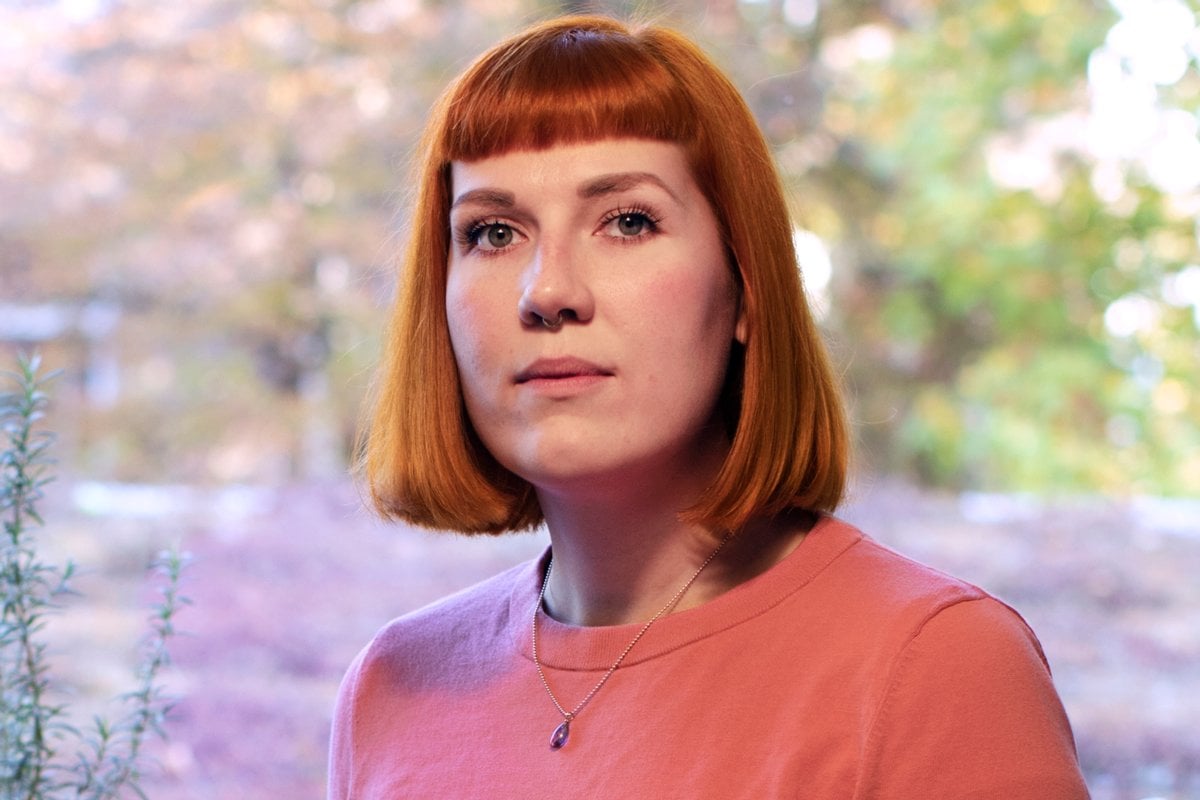
This post deals with abuse and mental health issues and might be triggering for some readers.
The conference room filled up fast. Sixteen social workers quickly tried to file into the 10 remaining chairs around the oblong table. Someone went to get more chairs.
The Director of Operations for the child care agency hosting this meeting saved me a seat at the head of the table. She held the highly regarded title of Director of Operations, but she gave me the best seat in the room. I had the title of Parent, yet, this chair would symbolise a false sense of importance.
The seat, with plenty of room to stretch my legs, and a proper place for my purse if I had bothered to bring one. I would have gladly taken the folding chair like literally everyone else present because at least they were getting paid to be at the meeting.
I got the leather swivel chair. I was also offered a glass of water.
I wanted their lives. I wanted to switch places right there. Sitting at the head of the table also put me in the hot seat. I was tired, with my lack of self-care clearly showing on my face and body.
I had a four-year son who didn’t sleep. He had already been to one inpatient psychiatric hospital and was on several medications for behaviour no one explained, understood, or offered any appropriate support.
I was there to discuss his in-home behavioural management which the agency hosting the meeting had recently decided to end.





























































































